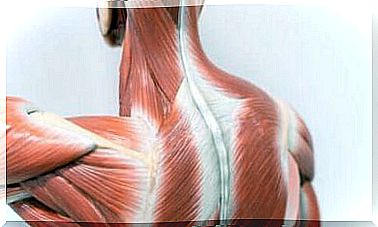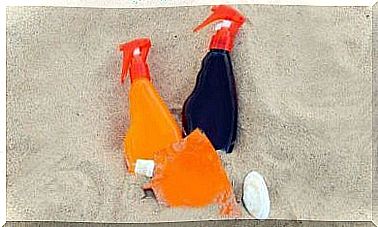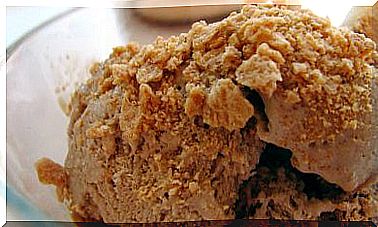Waterborne Diseases

Currently, in the world we live in, it is very difficult to accept the idea that there are places where water does not appear with the simple gesture of turning on the faucet. And, what’s worse, we forget that there are countless diseases transmitted by water due to its poor quality.
Unfortunately, although we are not aware of these data, it is estimated that 250,000 people or more die each year from waterborne diseases. This is because nearly 30% of the world’s population does not have access to clean, quality water.
We often talk about the lack of clean water and dehydration in places like Africa. However, we do not remember that this same problem also has indirect consequences, such as infections derived from the use of contaminated water.
Therefore, in this article, we want to mention the waterborne diseases that are most relevant. We need to be aware of this and make more efficient and economical use of water.
What are waterborne diseases?
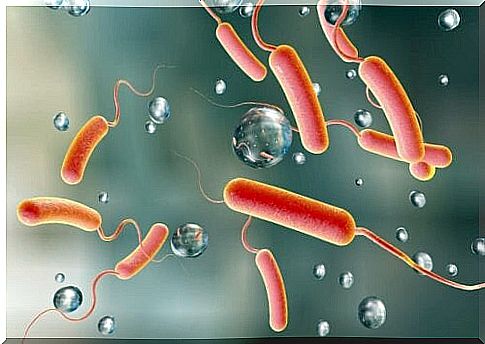
Water-borne diseases result from the lack of basic sanitation procedures. In many places, the water used contains faecal waste. In others, it has a high concentration of chemicals that are harmful to health.
The cause of most diseases is the presence of microorganisms in these waters. This, added to the fact that they are often places where health care is inefficient, ends up causing the death of a large number of people.
First, the pathology most often associated with water is diarrhea. Acute diarrhea can be caused by a wide variety of microorganisms. The problem in these cases is that even more fluids and electrolytes are lost through the stool.
Episodes of diarrhea are more severe in children. They often cause dehydration, which can be fatal if not treated quickly. Currently, there are preparations in sachets with the necessary electrolytes for rehydration in these cases. Health agencies are trying to distribute this material to the countries most in need.
Another of the best known diseases is cholera. It is an infection by the bacterium Vibrio cholerae , which has caused strong epidemics throughout history. The illness consists of diarrhea and severe vomiting. The consequence can be dehydration and death.
Other waterborne diseases
Malaria is a disease transmitted by the bite of a mosquito. However, it is considered to be related to water. This is because this type of mosquito only lives in areas where there is stagnant and poor quality water.
Dysentery is also associated with water contaminated by bacteria. It causes very aggressive diarrhea that mainly affects children. Something similar happens with typhus and typhoid fever. All of them are related to drinking contaminated water.
Diseases that occur through contact with water
Although we generally associate this type of illness with the consumption of contaminated water, this is not always the case. There are certain pathologies that are due to the simple fact of bathing in lakes or rivers infested by some microorganism. This is the case with schistosomiasis.
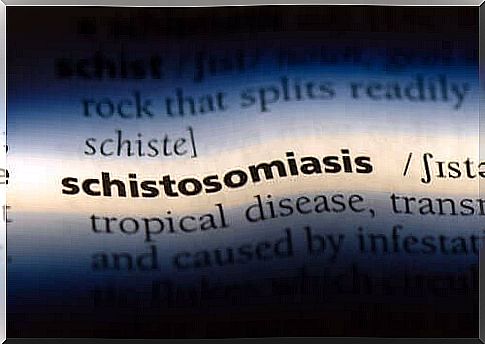
Schistosomiasis is an infection caused by parasites that enter the body through the skin. It is common in areas where people wash in lake or swamp waters. The same happens with trachoma, which is an eye infection resulting from contact with this type of water.
Diseases can also be caused by eating food grown in contaminated water. In fact, poisoning caused by certain vegetables that have been watered with fecal water is very common.
Conclusion
Waterborne diseases are numerous. The biggest problem is that, to this day, we do not know the seriousness and incidence that this global problem continues to have. Therefore, it is very important that we are attentive.
We need to use water responsibly and efficiently. Also, we must be careful when traveling to areas where conditions are not as good as where we live.




